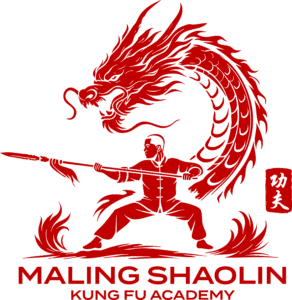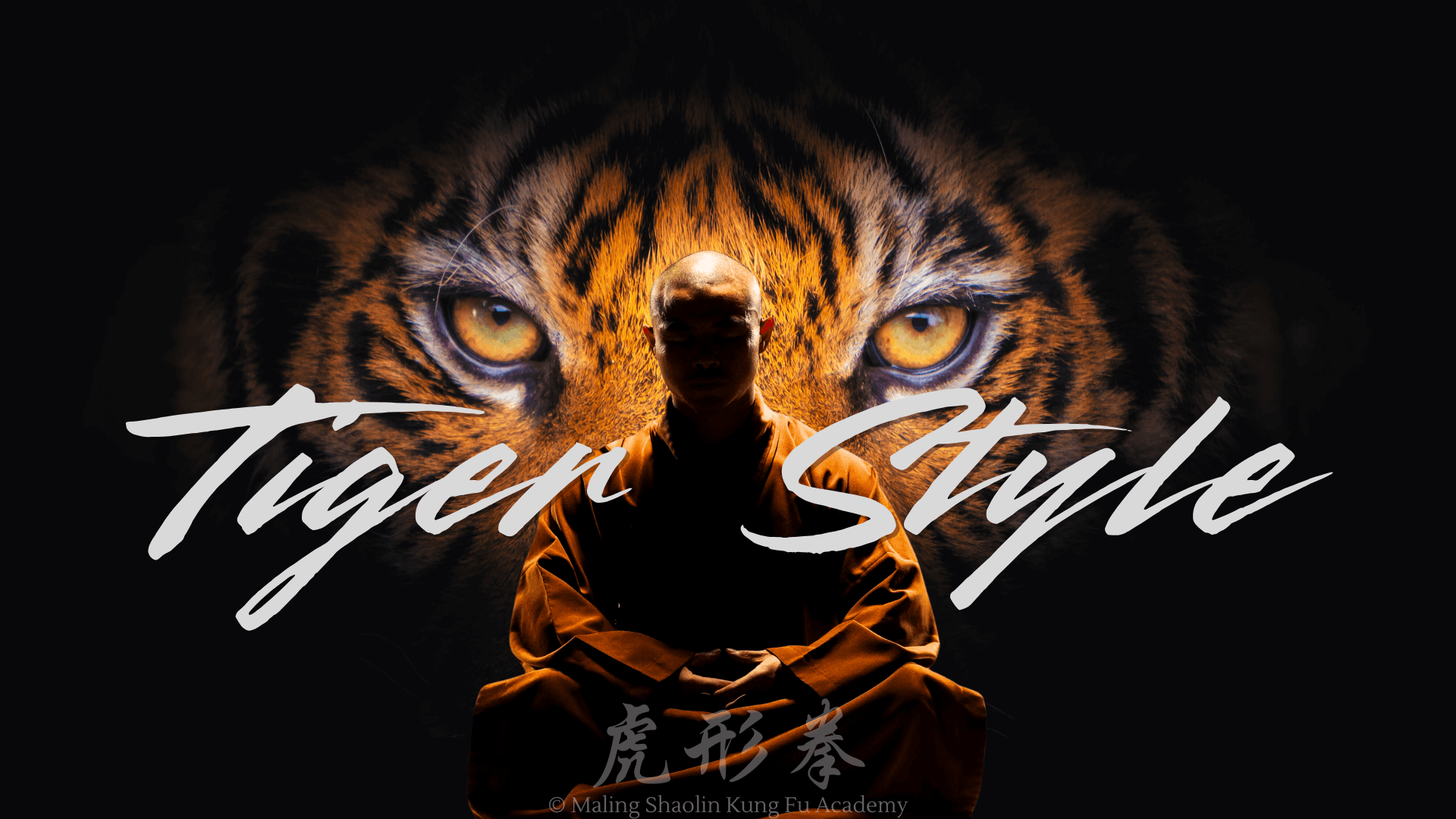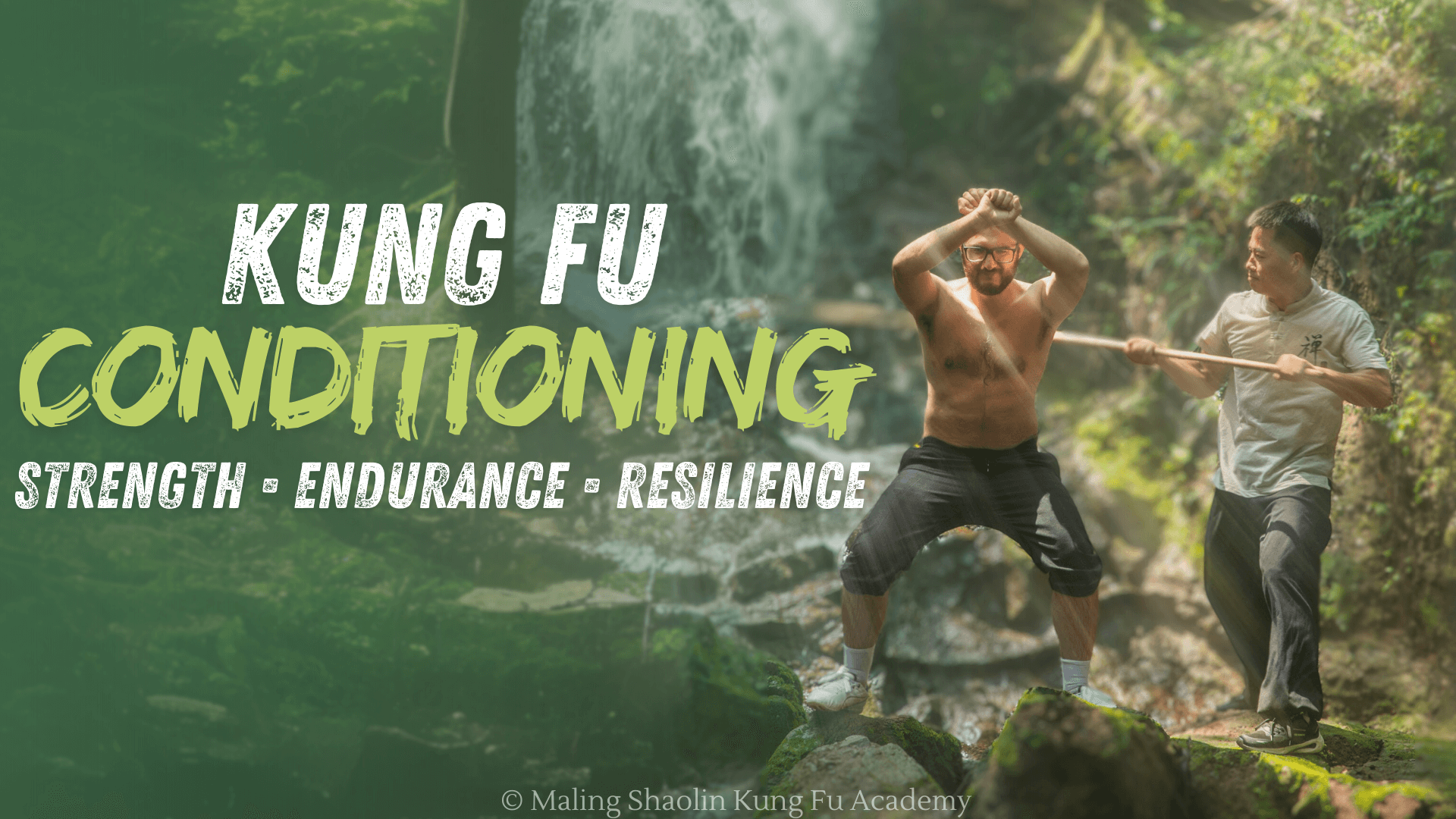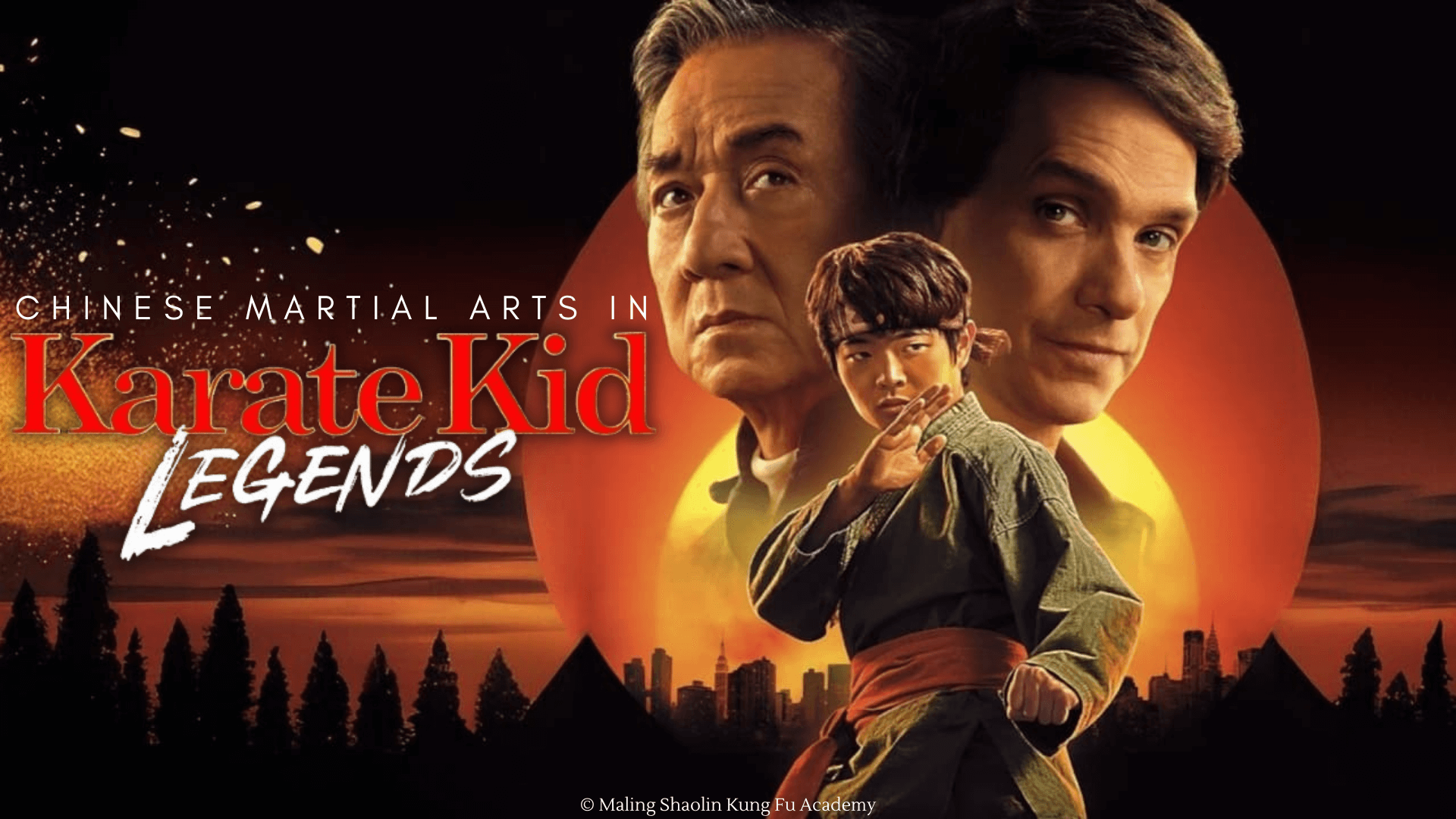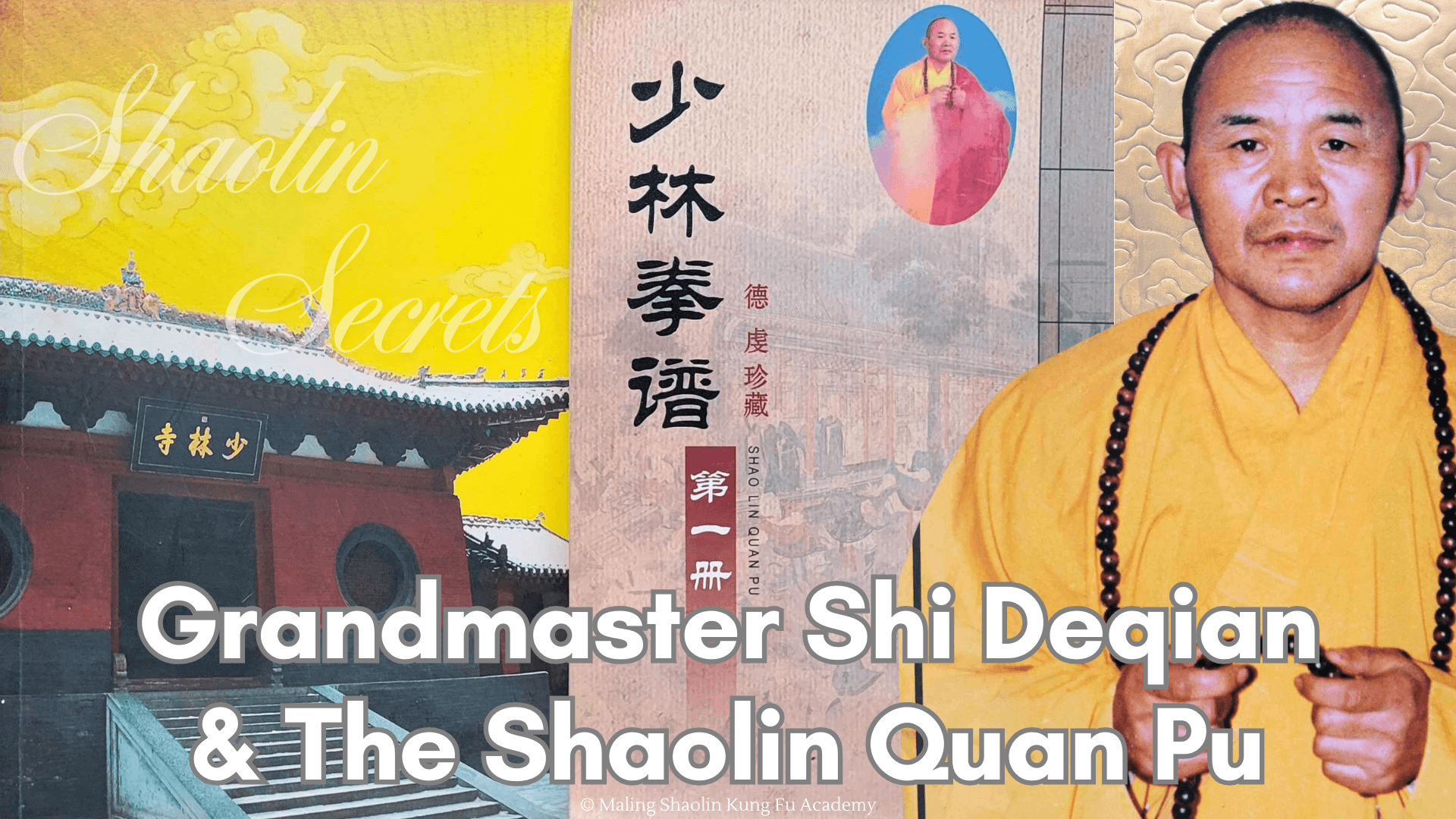LEARN THROUGH
OUR BLOG
China's ethnic minority fighters—Yi, Tibetan, Kazakh, Mongol, and others—are reshaping the world of MMA with a powerful blend of traditional wrestling, rural grit, and deep cultural pride. This article explores their origins, fighting styles, and the cultural forces driving their success in modern combat sports.
Ne Zha 2 has shattered global box office records, becoming the highest-grossing animated film in history. This milestone marks a turning point for Chinese animation, proving its ability to compete with Hollywood's biggest productions. With its fusion of mythology, martial arts, and stunning visuals, the Ne Zha franchise continues to captivate audiences worldwide.
Tiger Style Kung Fu (Hǔ Xíng Quán) is one of the most powerful and aggressive styles in Chinese martial arts. Inspired by the tiger's raw strength and unyielding spirit, this style focuses on crushing strikes, clawing techniques, and relentless forward pressure. Practitioners develop explosive power, endurance, and fearlessness through rigorous conditioning and combat training. Whether in traditional Shaolin forms or modern martial applications, Tiger Style remains a testament to the strength and discipline of true martial artists.
Conditioning in Kung Fu is more than just toughening bones and muscles—it’s a comprehensive system of physical and mental training. From impact resistance and endurance to breathwork and flexibility, conditioning builds a martial artist's resilience inside and out. This article explores how true Kung Fu conditioning balances strength, agility, and mental fortitude, ensuring practitioners can withstand the rigors of training and combat.
The Low Stance (Pu Bu) is a fundamental position in Shaolin Kung Fu, emphasizing agility, flexibility, and balance. This stance strengthens the legs, improves mobility, and enhances transitions between techniques. Learn how Pu Bu builds a solid martial arts foundation and how to train it effectively.
China is making travel easier for foreigners in 2025 with visa-free entry, digital payment upgrades, and new cultural tourism initiatives. This guide covers how to use Alipay and WeChat Pay, the latest travel policies, and China’s efforts to attract international visitors. Whether you’re visiting for business, sightseeing, or cultural exploration, this article will help you navigate China’s cashless society, transportation systems, and tourism hotspots with ease.
Discover how 2025 Karate Kid: Legends bridges Eastern and Western martial arts through its Chinese kung fu prodigy, Li Fong. Dive into the film's cultural and philosophical roots, from the return of Mr. Han to the exploration of Chinese martial arts traditions in New York City.
Grandmaster Shi De Qian’s Shaolin Quan Pu is a treasure trove of Shaolin martial arts wisdom. This eight-volume series details hand forms, weapons, qigong, and more, preserving centuries-old techniques. Explore the history, philosophy, and legacy of Shaolin Kung Fu in this in-depth guide.
The Year of the Snake 2025 brings a time of transformation, wisdom, and strategic growth. Influenced by the Yin-Wood element, this year encourages self-improvement, adaptability, and long-term planning. Discover the symbolism, cultural significance, and how to harness the energy of the Wood Snake for success in the year ahead.
